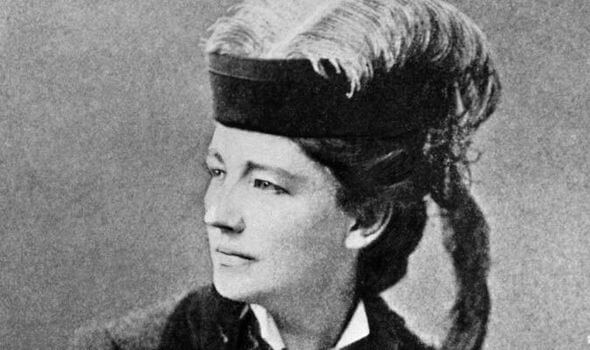The Matilda Effect: Women, Science, and Discrimination

It speaks out against the times when female scientists have received fewer prizes and less credit and recognition than men, even when their work was just as — if not more– important. It’s also interesting to see that this term actually comes from its male counterpart.
The Biblical roots of the Matilda effect
To understand the Matilda effect, first you have to know how the male version, the Matthew effect, came about. Robert K. Merton is the sociologist who coined the term. He used Saint Matthew’s words to address a phenomenon that involved several aspects of life. In the Parable of the Talents, Matthew gives a lesson worth thinking about.
“So take the talent from him, and give it to the one with the ten talents. For to all those who have, more will be given, and they will have an abundance; but from those who have nothing, even what they have will be taken away.”
-Mathew 25: 14-30, The Parable of the Talents-

The Matthew effect, counterpart to the Matilda effect
This is about how work done by unknown people gets less attention, consideration, and recognition compared to work that’s not more important, but done by people who are already renowned or famous.
The theory tries to explain why less well-known people’s work doesn’t get mentioned as often as more famous people, even when the famous people’s work is not better. That’s why people without sponsors or who are still young and not famous end up in the background. They end up hidden under the gigantic shadows of more famous authors.
Females breaking into science: the Matilda effect
The Matilda effect is a theory that Margaret W. Rossiter published in 1993. This historian used the Matthew effect as the basis for speaking out against and putting a name to the way women’s work was seen as less valuable than men’s.
She wanted to speak out against when female scientists’ discoveries and research are pushed to side just because of their gender, not the quality of their work. The point is that they get less credit and recognition than they would if they were men.
Little by little women have been breaking into the world of science. In some countries they still can’t earn degrees or drive. In most others they can go to universities and get Ph.D’s, but they still don’t work in the same conditions as men.

How it affects women
Men don’t just have the advantage with awards. On top of prizes, there are the issues of pay, jobs, research funding, and publication. These are all areas where men have an advantage just because they’re men.
Because of that, brilliant female physicists, chemists, sociologists, and doctors end up by the wayside. The system files their work away or neglects it without any explanations. They end up without any of the recognition they deserve.
Matilda Joslyn Gage
Rossiter specifically called it the Matilda effect in honor of Matilda Joslyn Gage. She was an activist, freethinker, prolific author, and pioneer in American sociology. She was also one of the pioneers in the fight for equal rights for women.
One major thing she did was support Victoria Woodhull, one of the first women to run for president. She was a mother to a large family, published much writing that spoke out against a lack of freedom, and called out for equal opportunities.
Her work led her to become the president of the National Woman Suffrage Association for many years. Inspired by her legacy, the Matilda effect exists to speak out against women suffering from injustice in their professional lives.

The Matilda effect in today’s world
But the truth is that cases exemplifying the Matilda effect aren’t just from centuries ago. It is still around today in the unjust situations women go through. The working world is just one of many examples of where women still face discrimination.
Let’s see an example. Going back to the Nobel Prize, it’s a fact that the biggest awards are for scientists. Lise Meitner and Rosalind Franklin are two women who made big contributions in the scientific realm. Meitner played a part in discovering nuclear fission. Franklin’s work had to do with discovering DNA’s double helix structure.
But neither of them received any recognition from the Nobel committee. Yet their male colleagues did get recognition — thanks to the work of those two women. In fact, Meitner’s case is one of the best examples of how scientific discoveries made by women end up completely neglected by the Nobel Prize committee.
It’s true that we’ve come a long way towards reaching the day (we hope it’s not too far off) where men and women have equal opportunities. But it’s also true that there’s a lot of work left to do to keep scientific advances from being a matter of gender. The world needs to agree that the value of a person’s work should have more to do with what it says than who does it.
This text is provided for informational purposes only and does not replace consultation with a professional. If in doubt, consult your specialist.








